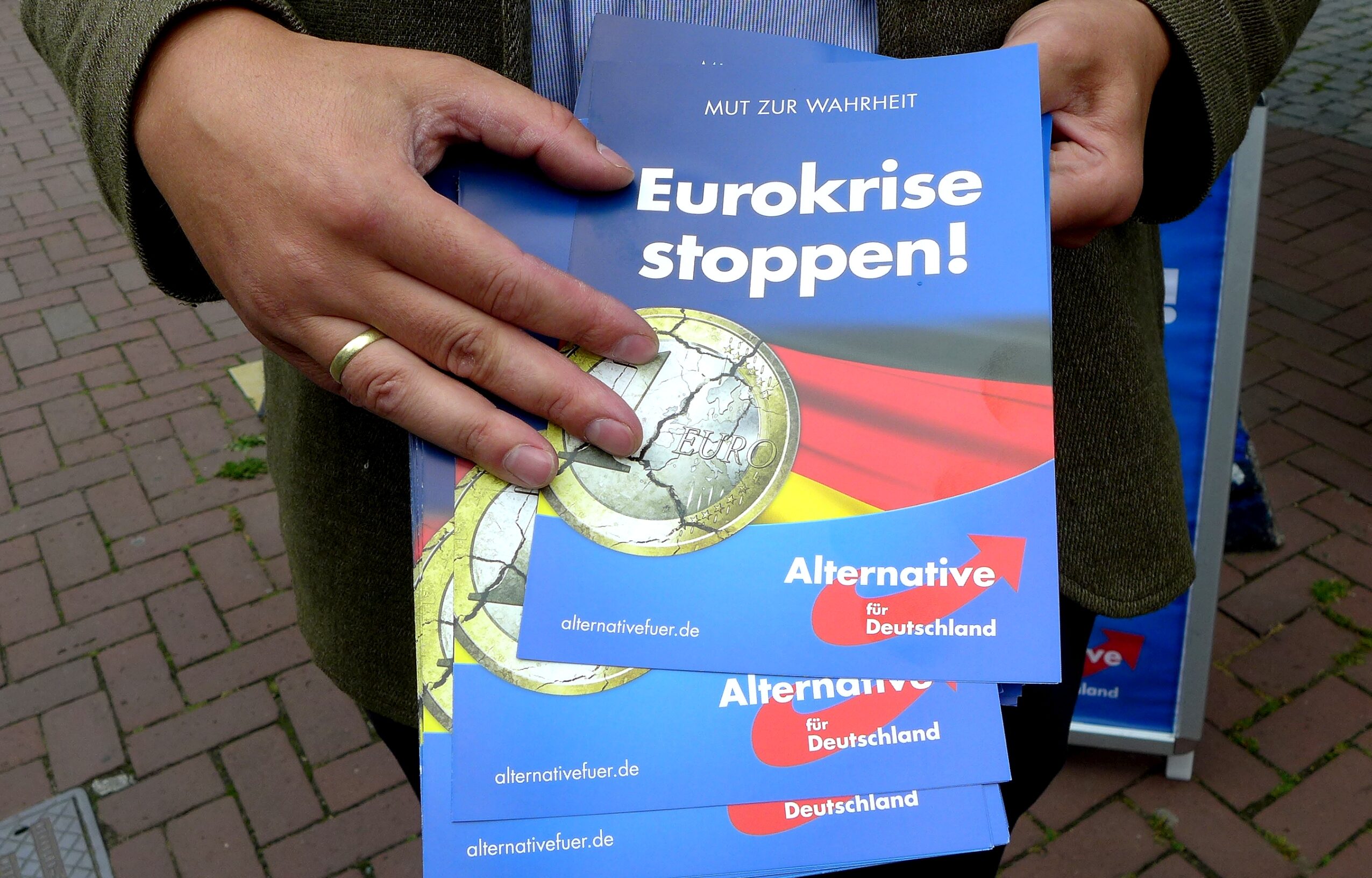German bipolarism is entirely geopolitical: pro-American against pro-Russian. Galietti’s analysis

In Germany, right-wing and left-wing extremisms sometimes have overlapping positions: will a red-brown coalition be born against the broad center agreements? Start Magazine conversation with Francesco Galietti, political analyst and founder of Policy Sonar
What's happening in Germany? Will the extremists of the right and left, united by their infatuation with Russia, unite against the Merkelian-inspired Grand Coalition?
Startmag discussed it with Francesco Galietti, expert in strategic scenarios and founder of Policy Sonar .
What are the main political trends in Germany?
Two opposing trends are consolidating on the German political scene. On the one hand, the 'cheer' is intensifying to bring back to life the GroKo, the Great Coalition of Merkelian memory which brought together social democrats and Christian Democrats (and, when necessary, liberals) under the same umbrella. The Bavarian governor Soeder, among the most energetic in pushing this solution, lashed out against the Greens, expressly asking to replace them with CDU and CSU and therefore to restore 'purely' the GroKo scheme that held sway during Merkel's years at candies.
Will he succeed?
However, it is not certain that this restoration is possible, at least in the forms in which Soeder seems to imagine it. It is true, of course, that the Christian Democrats have recovered well from the defeat in the last political elections. And it is equally true that the CDU and CSU are proving much more capable of stemming the AfD's rising tide than the Social Democrats. On the other hand, in today's Germany we have to deal with another trend line.
Which?
This is the consolidation of a red-brown bloc, in which right-wing and left-wing maximalism merge and make a fortune on the ruins of the German industrial model and on the difficulties in efficiently integrating migratory flows. One of the most visible elements of the political agendas of both the AfD and Sahra Wagenknecht of Die Linke is Eurasianism, that is, the perpetual wink at Moscow and Beijing, and the hostility towards the 'Anglo' world. With this geopolitical premise, before long the need for a real conventio ad excludendum could arise again, in which the moderate forces, different in their priorities but united by the common Atlanticist matrix, govern together, while the Russophiles are relegated to the opposition.
Is this really an option?
This would be a drastically lowered shutter, but the AfD and the radical left of the Wagenknecht have very little in common with Willy Brandt's Ostpolitik, while they exasperate an old complex in Germany, especially towards Moscow. Helene von Bismarck, a young German historian with an important surname and based in the United Kingdom, addressed the issue head-on in a long article published in the Guardian [ Why did it take a murderous war on Ukraine for Germany to wake up to the threat from Russia? , June 21, 2023].
What does he support?
The first myth to be debunked according to Bismarck is that of German guilt for the Soviet victims of the Second World War. The number of Soviet deaths claimed by the Germans is certainly impressive: 25 million individuals. But it is strange that the Soviet dead are identified solely with the Russians, who instead represent a subset of them. What, then, can we say about the 8 million Ukrainian victims and the unspeakable horrors committed by the Germans against the Jewish communities rooted in those territories? Another important element removed with excessive ease from the contemporary German debate is represented by the Nazi-Soviet alliance of 1939-1941, i.e. the Molotov-von Ribbentrop pact which sanctioned mutual non-aggression and defined the partition of Central-Eastern Europe. Obviously, in these areas the memory of that pact has not faded. This applies, in particular, to Poland and the Baltics, whose historical perspective has however been repeatedly ignored by Berlin. It is therefore not surprising that the main point of reference for Poland, the Baltics and Scandinavia is London, and certainly not from today.
So where does Ostpolitik come from?
The Ostpolitik of Willy Brandt, Chancellor of West Germany during the Cold War, dates back to the period between the end of the 1960s and the beginning of the 1970s. Brandt saw it as a tool for stabilizing relations with Eastern Europe through dialogue with the Soviet Union. Brandt was genuinely convinced that this would lead to an overall détente in East-West relations, and that over time it would transform the Soviet Union itself 'from within'. For this same reason, Brandt's Ostpolitik expressly contemplated trade with Moscow.
But Brandt was not just a pragmatic politician. The episode in which he knelt in 1970 at the memorial to the Prague ghetto uprising was an unprecedented symbolic gesture on the German political scene. Furthermore, Brandt did not dialogue with Moscow from a position of weakness, and during his mandate West Germany's military spending stood at 3% of GDP, i.e. at a decidedly higher level than that indicated in the first national security plan released by the Bundesrepublik Deutschland on June 14th. Other times.
This is a machine translation from Italian language of a post published on Start Magazine at the URL https://www.startmag.it/mondo/germania-estremismi-destra-sinistra/ on Wed, 25 Oct 2023 05:42:16 +0000.
